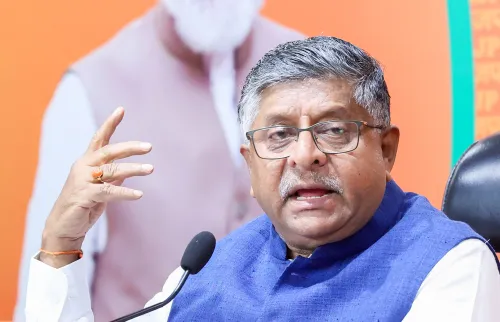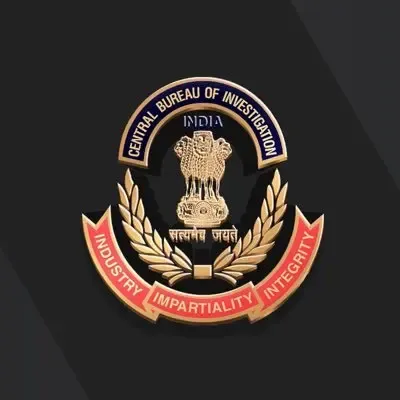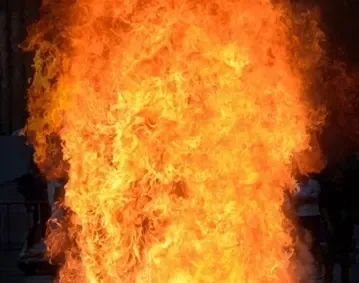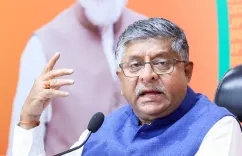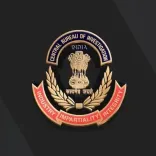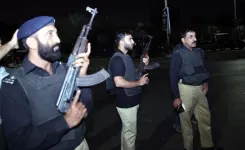How Did CM Stalin Honor Freedom Fighter Dheeran Chinnamalai?
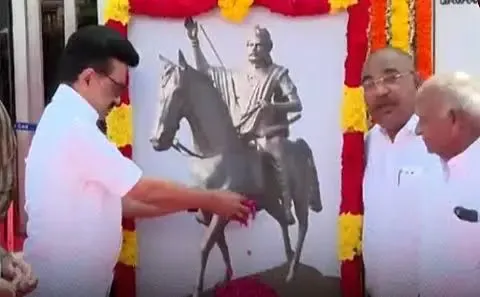
Synopsis
Key Takeaways
- Dheeran Chinnamalai was a key figure in the fight against British rule in India.
- His legacy is celebrated for inspiring resistance and pride among Tamils.
- Political leaders advocate for his contributions to be taught in schools.
- Chinnamalai's battles were pivotal in the Kongu region.
- He was captured and executed, showcasing the struggle of freedom fighters.
Chennai, Aug 3 (NationPress) The 220th death anniversary of freedom fighter Dheeran Chinnamalai was commemorated throughout Tamil Nadu on Sunday, as leaders from various political factions paid heartfelt tributes to the courageous hero of the Kongu region.
Chief Minister M.K. Stalin spearheaded the state's tribute to this revolutionary figure.
During a ceremony held in Guindy, Chennai, Stalin adorned a statue of Chinnamalai with a garland and offered floral tributes, joined by Ministers Ma Subramanian, P.K. Sekar Babu, Chennai Mayor R. Priya, MLAs, and senior government officials.
The Chief Minister praised Chinnamalai as a representation of Tamil pride and resistance against colonial domination.
Former Chief Minister and AIADMK General Secretary Edappadi K. Palaniswami, currently on a statewide campaign, also paid his respects to Chinnamalai.
At a private hotel in Nellai (Tirunelveli), he laid floral tributes at a portrait of the freedom fighter and reflected on his sacrifices for the nation and Tamil Nadu.
PMK leader Anbumani Ramadoss expressed his tribute via a message on the social media platform X.
"Among the few who first raised arms against the British and instilled fear in them with his valor was Kongu king Dheeran Chinnamalai. On this death anniversary, let us offer our sincere respects to this dauntless warrior," he stated.
Dheeran Chinnamalai was born in 1756 in the village of Melapalayam near Chennimalai in the present-day Erode district.
Renowned for his resistance to British rule, Chinnamalai played a pivotal role in obstructing British troop movements between the Salem region and the Malabar coast, which served as the base for the East India Company forces.
Chinnamalai aided Tipu Sultan during his military campaigns and subsequently engaged in his own guerrilla warfare against the British.
He led victorious battles at Cauvery in 1801, Odanilai in 1802, and Arachalur in 1804.
Unable to defeat him through direct confrontation, the British captured him through treachery and executed him at Sangagiri Fort in 1805.
On his memorial day, leaders from across the political spectrum called for preserving his legacy through education.
They urged the Tamil Nadu government to incorporate his contributions into school curricula to inspire future generations.

